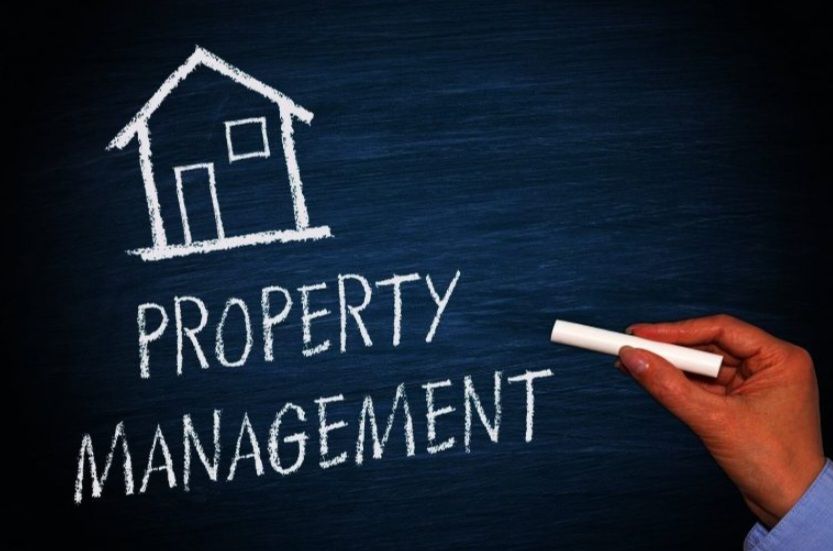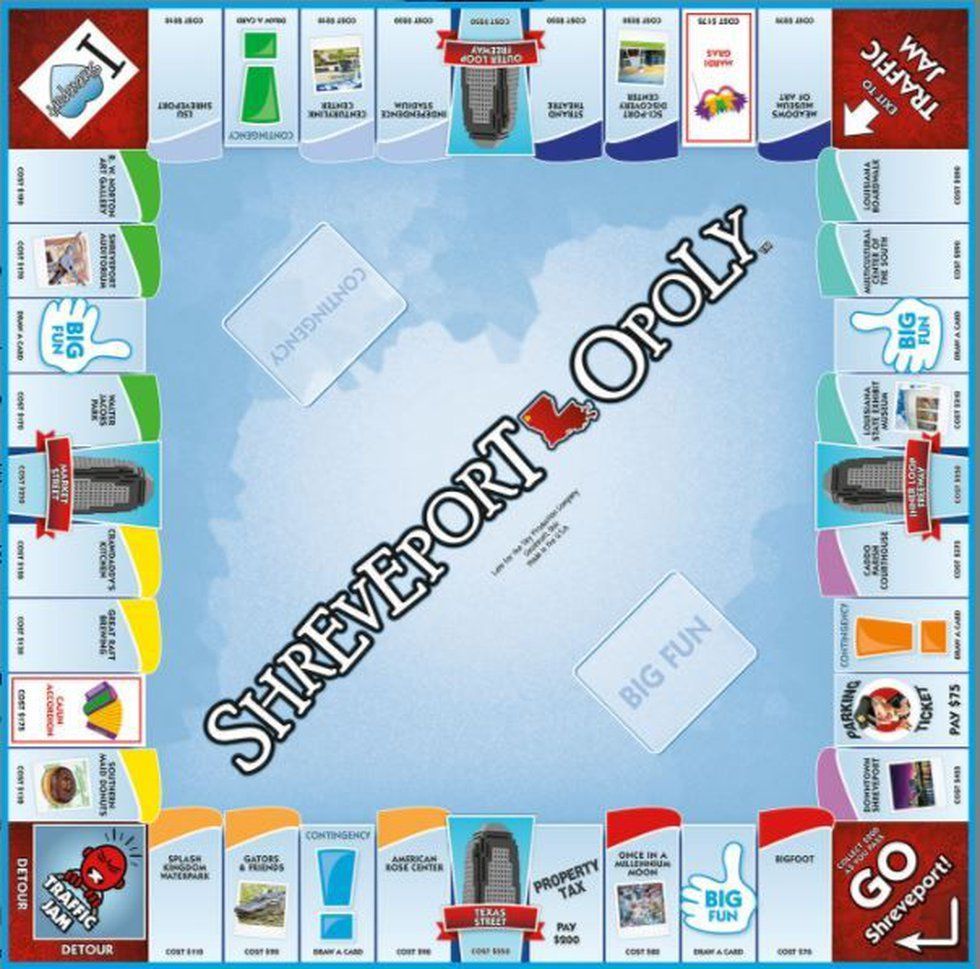What a landlord needs to do after an eviction and the tenant still will not move out
If a tenant will not move out after an eviction
If a tenant will not move out after an eviction, a landlord must take legal action to have the tenant removed from the property. The exact process will vary depending on the jurisdiction, but typically includes the following steps:
- Obtain a writ of possession: The landlord must obtain a writ of possession, which is a court order directing the local sheriff to remove the tenant from the property.
- Notify the tenant: The sheriff will serve the writ of possession on the tenant, giving them a specified amount of time to move out, typically 24 to 48 hours.
- Remove the tenant: If the tenant does not move out within the specified time, the sheriff will physically remove the tenant from the property and turn it over to the landlord.
- Store personal property: If the tenant leaves personal property behind, the landlord must follow state and local laws regarding the storage and disposal of such property. In Louisiana the landlord can not keep any of the personal property. They have to put it on the curb for tenant to pick up.
- Seek reimbursement for expenses: The landlord may be entitled to seek reimbursement from the tenant for any expenses incurred in the eviction process, such as court costs and attorney's fees.
It is important to note that the eviction process can be complex and time-consuming, and it is recommended that landlords consult with a qualified attorney to ensure that all steps are taken in accordance with applicable laws.
https://www.leesonrealestateinvestment.com/ 318-207-6420













